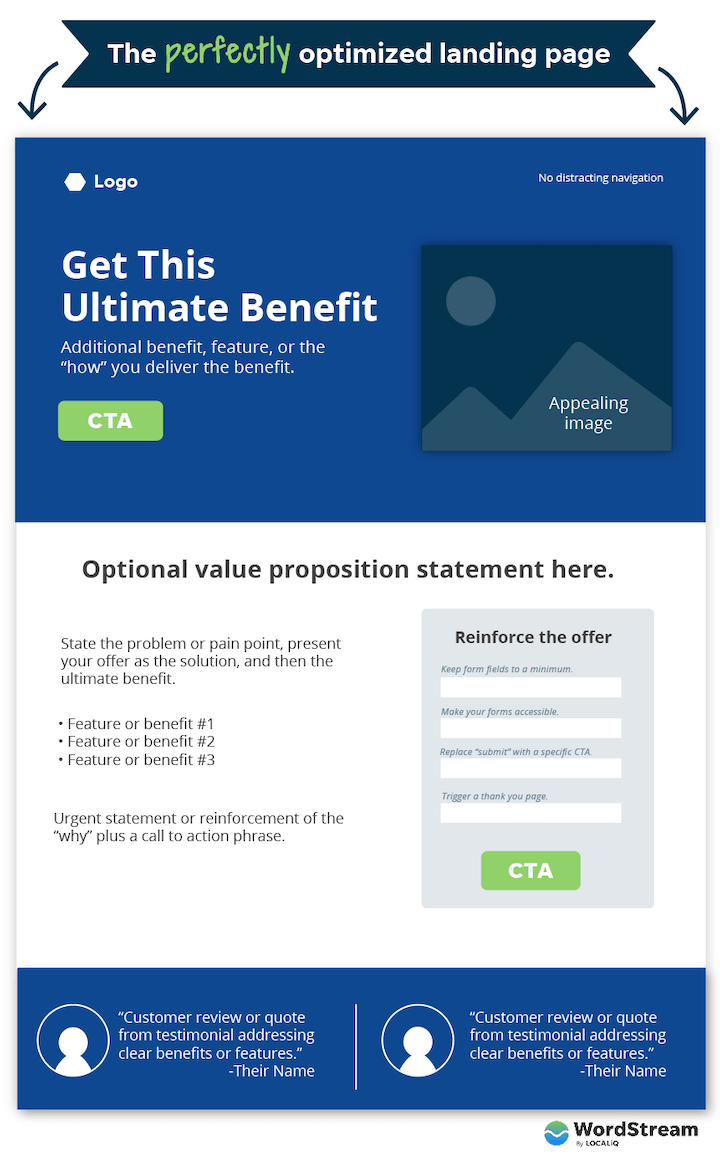- Introduction to the Google Quality Rating Guide
- What kind of page is high quality? (This article)
- What is EAT? (Next post)
Before explaining the page quality assessment and meeting the needs assessment, the Google Guide details a concept that was rarely mentioned in the previous SEO industry: the beneficial purpose. The subsequent evaluation of the quality of the page and search results is based on this concept.
The purpose of the page
In general, pages are created or existed with purpose. From a user perspective, this purpose may be good, that is, a beneficial purpose, or it may be harmful, such as a phishing page.
Harmful pages, such as intentional harm, deceiving users, just to make money without trying to help the user’s page, are directly rated as the lowest quality page, no further evaluation. These pages are more specific and are not the focus of the guide.
If the page has a useful purpose, that is, it is helpful to the user, the standard for page quality scoring is to see to what extent the page achieves (helping the user). Therefore, if the evaluators want to score, they need to understand the purpose of the page.
The purpose of the page is not expensive. As long as the page exists to help the user, a page of purpose or kind is not inherently of higher quality than a page of another purpose. That is to say, the purpose or type of the page is not directly related to the quality. No page is inherently advanced. For example, an encyclopedia page is not necessarily better than a joke page. SEO for vulgar content can be assured, and vulgar content can be of high quality, as long as it satisfies some of the vulgar search needs.
Google gave an example of this website: http://www.omnomnomnom.com/, and the boring readers can visit:
The site allows users to submit photos edited by MSPaint so that the things in the photos look like they are open mouths and are eating something else. Change the page to change a photo. Just such a feature, weird and boring. But such a page also has its purpose: humor, let the user enjoy it.
In addition, whether the page has ads and page quality is not necessarily related, and advertising does not necessarily mean that the page quality is low. Including text or brand advertisements such as Google Adsense, I believe that it also includes the way of making money like the joint plan. Therefore, it is not a problem for the website to make money, and it does not necessarily lead to low quality.
The pages for each purpose are of high quality and low quality. The assessor needs to understand the purpose of the page in order to better give the corresponding rating.
The common pages exist for the following purposes:
- Share a topic information
- Share personal or social information
- Share pictures, videos or other media information
- Express opinions or opinions
- entertainment
- Selling products or services
- Users can submit questions and others can answer
- Users can share files or download software
YMYL page
There is a special kind of page, YMYL page, the abbreviation of Your Money or Your Life page, I call it “either money, or fatal page”, referring to the happiness, health, financial stability, security, etc. that may affect the future of the user. Page. Such as:
- Shopping website, and pages that can be used for online transfers, billing, etc.
- Provide advice or information on investment, tax, retirement plans, home purchases, college tuition, insurance, etc.
- A page that provides advice or information on health, medicine, disease, mental health, nutrition, etc.
- An official or news page that provides important public information, such as pages that address local/national government policies, processes, laws, disaster response services, and other news pages that cover important international events, business, politics, technology, and more. This part requires the evaluator to use his knowledge and judgment. Not all news pages belong to the YMYL page.
The quality rating of the YMYL page is very high, otherwise it may affect the user’s health, safety, finance and so on.
Website and content creator background and reputation
The quality of the page depends not only on the page itself, but also on the background and online reputation of the site and page content creators. Not only do the assessors need to look at the content of the page, but they also have to look at the entire site, research the site owner, and even go to third-party sites to investigate the site and creators.
These two points need to be very clear:
- Who (company, organization, individual) is the site owner? Who is responsible for this website?
- Who (company, organization, individual) is the current page content creator? Not necessarily the site owner, such as a site where the user generates content.
The guide explains in more detail how to do the survey on the website itself and online.









